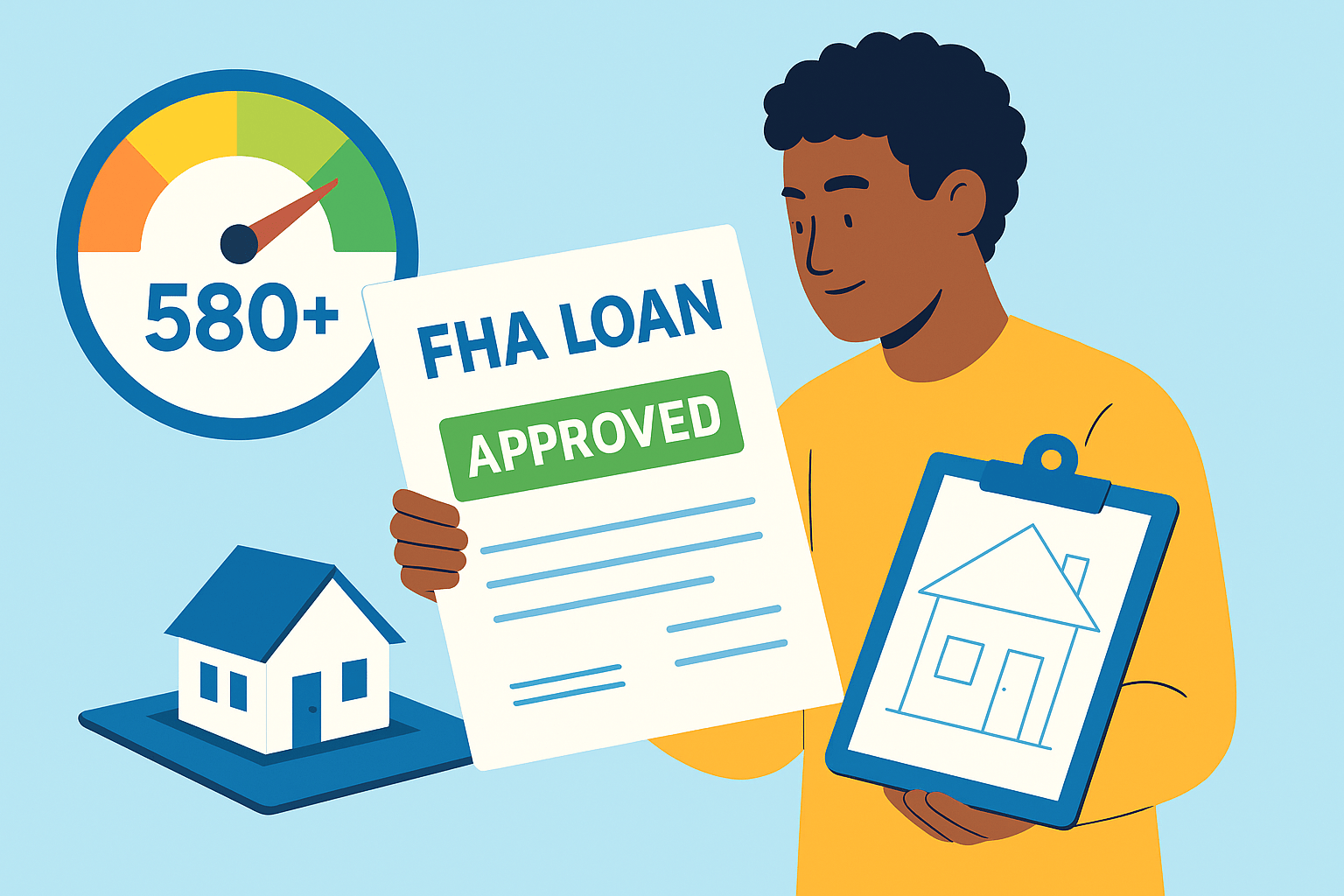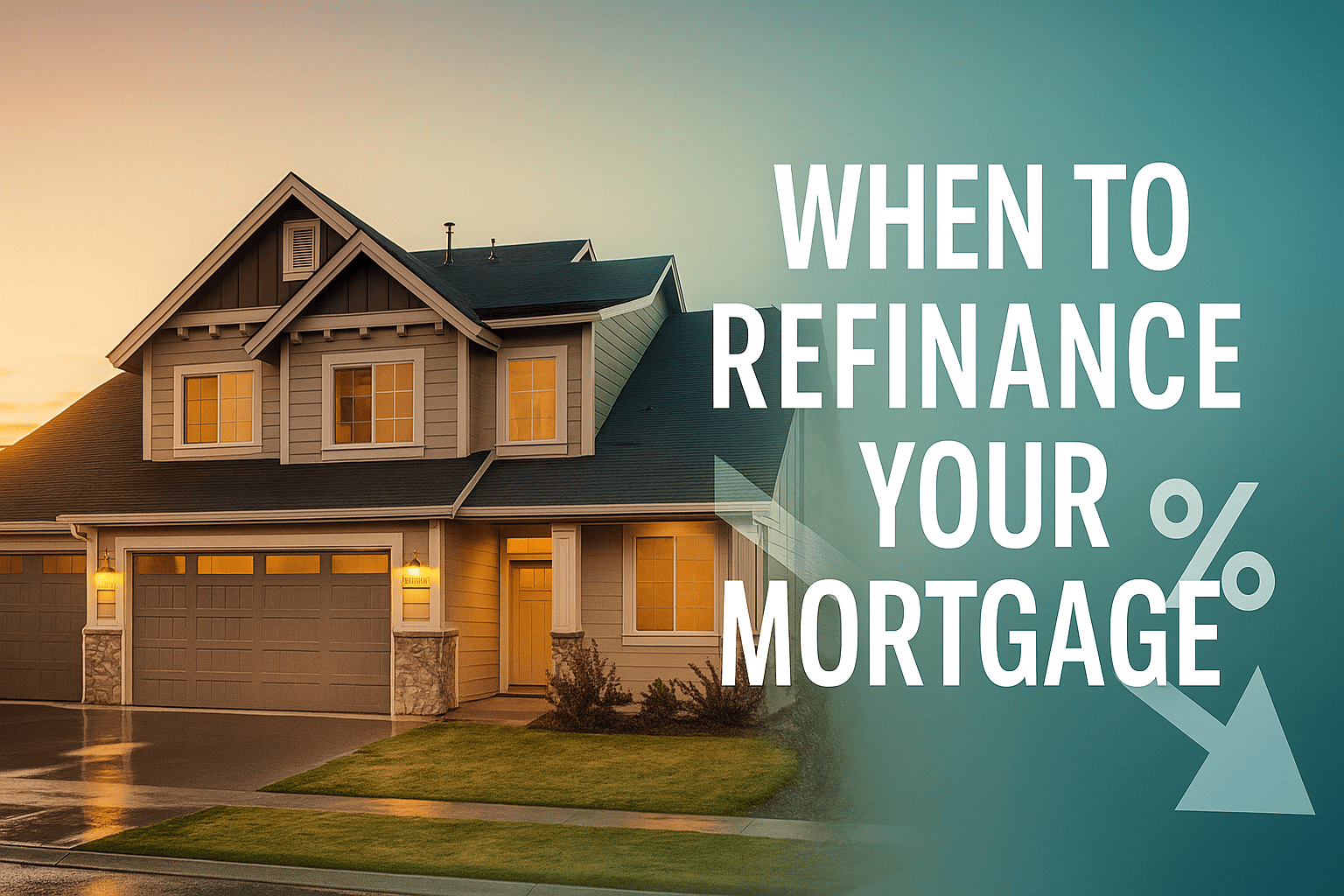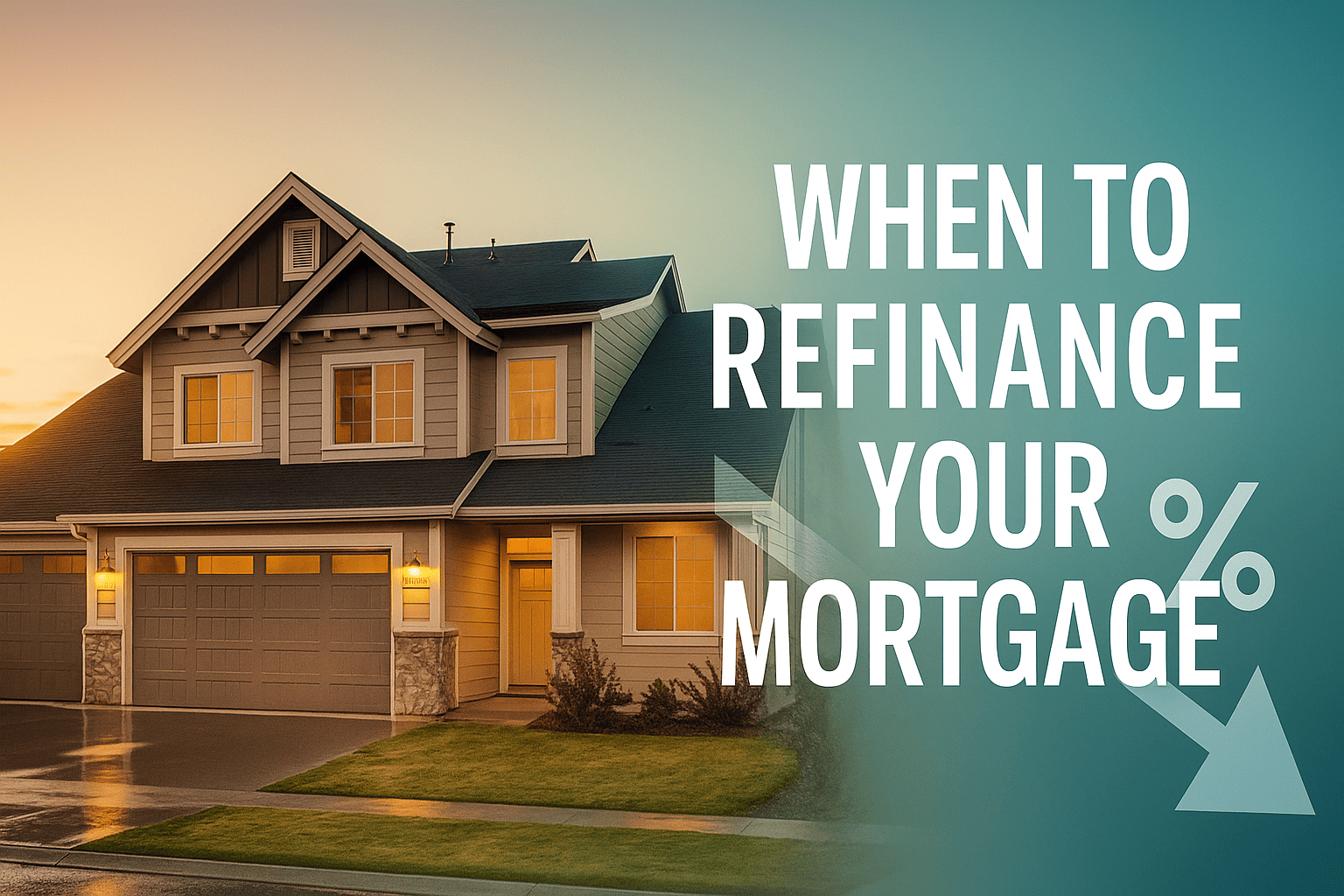NC Home Advantage Tax Credit First-Time Homebuyer Assistance Programs
NC Home Advantage Tax Credit: A Roadmap to Thousands in Annual Savings
Buying a house is thrilling, nerve-racking, and—let’s be honest—expensive. Fortunately, the NC Home Advantage Tax Credit softens the blow by shaving up to $2,000 off your federal tax bill every single year you live in your new home. If you’re preparing to purchase your first place in North Carolina, keep reading. You’re about to learn how this program works, who qualifies, and how to capture the savings without breaking a sweat.
What Is the NC Home Advantage Tax Credit?
The NC Home Advantage Tax Credit is North Carolina’s version of a Mortgage Credit Certificate (MCC). Issued by the North Carolina Housing Finance Agency (NCHFA), the certificate allows qualified first-time buyers to claim 30% of their annual mortgage interest—capped at $2,000—as a dollar-for-dollar reduction of federal income tax. Instead of waiting for a refund, many homeowners adjust their W-4 and see bigger paychecks immediately.
- Launched to boost homeownership and local economies.
- Available statewide, from Asheville’s mountain bungalows to Wilmington’s coastal condos.
- Pairs seamlessly with the agency’s 0% down payment assistance options.
According to NCHFA snapshots, buyers who secure the credit in year one average more than $15,000 in total tax savings over the life of a 30-year loan—money that can be rerouted into renovations, emergency funds, or even college savings plans.
How Does the NC Home Advantage Tax Credit Work?
Think of the credit as a glass funnel: every mortgage payment pours interest into the funnel, and up to 30% of that interest drips straight out as a tax break, reducing your IRS liability.
- You close on a qualified mortgage and receive a Home Advantage Mortgage Credit Certificate at settlement.
- Each January, your lender issues Form 1098 showing how much interest you paid the previous year.
- You calculate 30% of that figure (up to the $2,000 ceiling).
- You enter the result on IRS Form 8396, trimming your tax bill dollar for dollar.
Borrowers with smaller mortgages often capture the full 30% without hitting the cap. On pricier homes, you may reach the $2,000 maximum but can still deduct the remaining 70% of interest as a standard mortgage interest deduction—an elegant two-stage tax benefit.
Am I Eligible for the NC Home Advantage Tax Credit?
Eligibility boils down to four core checkpoints.
1. First-Time or Qualified Military Status
You must be a first-time buyer—meaning no ownership interest in a primary residence during the past three years—or an honorably discharged veteran who hasn’t previously used an MCC.
2. Income Limits
NCHFA updates limits yearly. Recent figures hover around $117,000 for families of three or more in urban counties, slightly less in rural areas. Check the latest chart before applying.
3. Purchase Price Caps
Again, numbers vary by county, but expect maximums in the mid-$300,000s for existing homes and higher for new construction.
4. Approved Mortgage + Primary Residence
Your loan must be a 30-year fixed (conventional, FHA, VA, or USDA) originated by a participating lender. The property must become your principal residence within 60 days of closing.
Case Study: How Alyssa & Brandon Saved $9,800 in Four Years
Charlotte teachers Alyssa and Brandon Talbot nearly postponed their purchase when mortgage rates ticked above 6%. Their loan officer, however, ran a North Carolina Home Advantage Tax Credit scenario. On a $240,000 starter home at 6.25%, they would pay roughly $14,600 in interest the first year. With the MCC, 30%—or $4,380—could offset federal taxes. Because the cap is $2,000, they claimed the full amount, pocketing $166 per month via a revised W-4. Fast-forward four years, and their cumulative tax savings top $9,800—enough to remodel the kitchen and still stash money for emergencies. The couple calls the credit “the pay raise that helped us stay in our dream neighborhood.”
Step-by-Step Application Process
Many buyers assume the paperwork is daunting. It’s not. Follow these five steps and you’re done:
- Prequalify with a Participating Lender. Ask whether the NC tax credit for homebuyers can be layered onto your loan pre-approval.
- Complete the MCC Application. Your lender will gather income, purchase contract, and credit documents.
- Pay the One-Time Issuance Fee. NCHFA charges 0.5% of the loan amount plus a $475 admin fee—usually rolled into closing costs.
- Close on the Home. At settlement you’ll receive the official Mortgage Credit Certificate.
- File IRS Form 8396 Each Year. Mark your calendar for tax season or adjust withholding immediately to enjoy larger take-home pay.
People Also Ask
How long does the NC Home Advantage Tax Credit last?
The credit remains active as long as you occupy the home and retain the original mortgage—up to 30 years. Sell, refinance beyond $120,000 of your unpaid balance, or convert the home to a rental within nine years, and a portion of the benefit may be recaptured. Yet NCHFA reports that fewer than 1% of homeowners actually pay the penalty because exceptions for low income or minimal gain frequently wipe it out.
Can I combine the tax credit with down payment assistance?
Yes. The Home Advantage Mortgage Credit Certificate integrates seamlessly with the NC Home Advantage 3% down payment assistance loan and the $15,000 Community Partners Loan Pool in select counties. Blending programs can lower upfront costs and ongoing taxes—a one-two punch for affordability.
Benefits Beyond the Obvious
While $2,000 per year is the headline, the credit delivers peripheral perks:
- Easier Loan Approval: Underwriters may add the annual tax savings to your qualifying income, nudging your debt-to-income ratio below thresholds.
- Portfolio Diversification: Extra monthly cash can seed index funds or retirement accounts, compounding wealth faster.
- Community Stability: Studies from UNC’s Center for Community Capital show homeowners who receive MCCs stay put longer, supporting local schools and businesses.
Common Mistakes (and How to Avoid Them)
- Missing the 60-day occupancy rule. Move in on time or risk losing the certificate.
- Failing to file Form 8396. The IRS won’t guess—you must claim the credit.
- Refinancing without expert help. If rates drop, consult your lender before refinancing to preserve or reissue the MCC.
NC Home Advantage Tax Credit vs. Other First-Time Buyer Programs
| Program | Type | Annual Savings | Upfront Cost |
|---|---|---|---|
| NC Home Advantage Tax Credit | MCC | Up to $2,000/year | 0.5% loan amount + $475 |
| NC Home Advantage Down Payment | Deferred loan | 0 | None; repaid if you sell within 15 years |
| Federal FHA Mortgage | Loan insurance | Lower down payment | 1.75% upfront MIP |
Combining programs often yields the best bang for your buck. A savvy lender will calculate whether the tax credit’s lifetime savings outweigh the issuance fee—spoiler: they usually do within the first 12 months.
FAQ
Is the NC Home Advantage Tax Credit refundable?
No. It reduces your tax liability to zero but cannot generate a cash refund beyond what you paid in taxes.
Can I use the credit on a duplex?
Yes, if you occupy one unit as your primary residence and meet all other guidelines.
What happens if my income increases after I buy?
Nothing. Eligibility is determined at closing; future raises do not affect the certificate.
Do I need to re-apply each year?
No. File IRS Form 8396 annually using the same certificate.
Are interest-only or adjustable-rate mortgages eligible?
Not at this time. Qualifying loans must be 30-year fixed-rate.
Ready to Pocket an Extra $2,000 a Year?
The path to homeownership already feels like a marathon. Why cross the finish line without grabbing the water bottle marked “Tax Credit”? Connect with our expert loan team today to see if the NC Home Advantage Tax Credit fits your budget. Five minutes of Q&A could unlock thousands in future savings—cash that belongs in your bank account, not Uncle Sam’s.
Have questions or want a personalized estimate? Call us at 555-123-4567 or schedule a free consult.
Explore More Blog Posts
Checkout more similar posts those will help you to choose better property.












 Profile
Profile Password
Password Saved Properties
Saved Properties Sign Out
Sign Out
 +0.01
+0.01
 -0.15
-0.15

